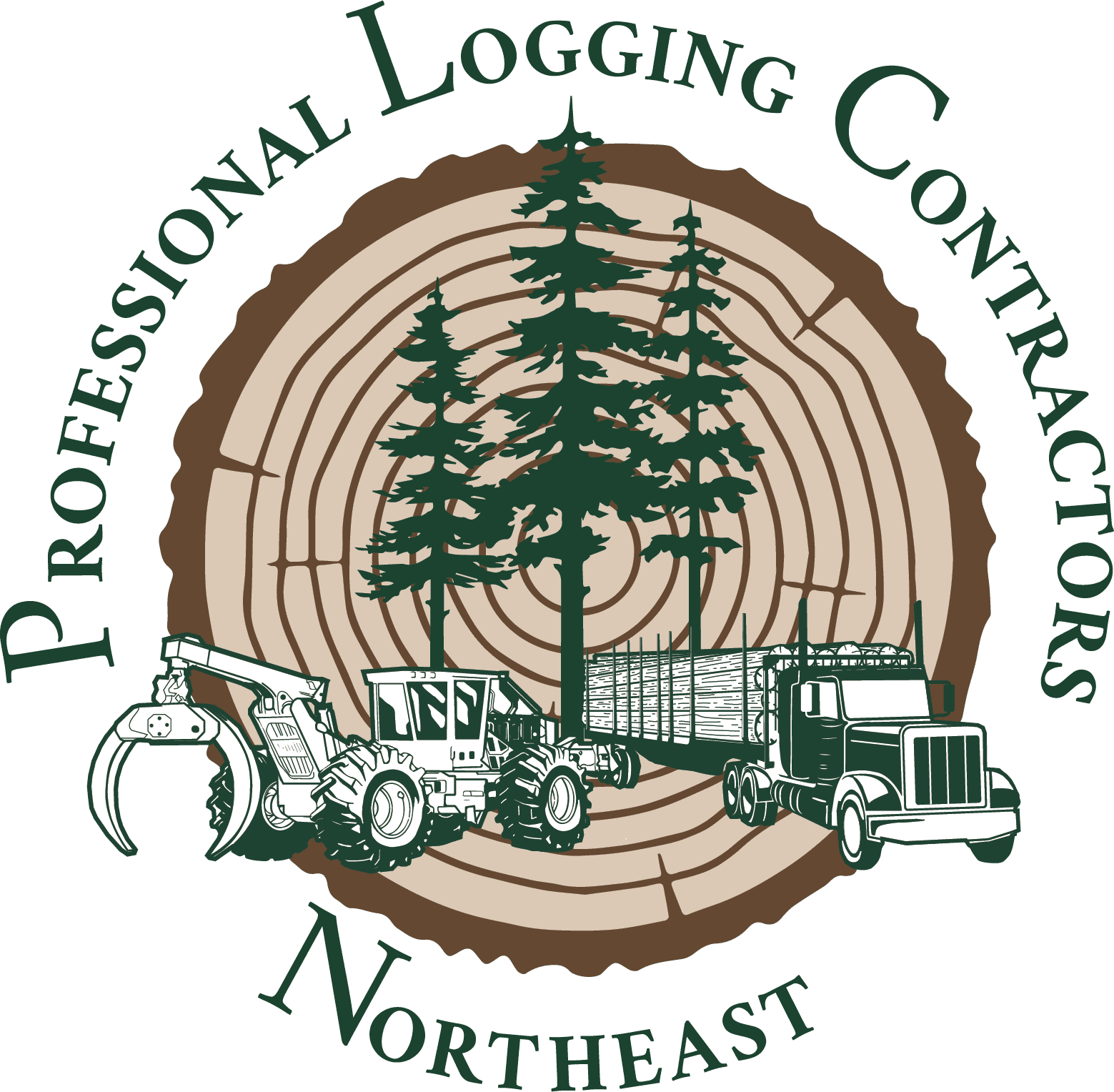IS IT TIME TO RE-CERTIFY YOUR LAND?
 Tree Growth – also known as the Maine Tree Growth Tax Program – is Maine’s current use tax program for productive forestland. The program is administered in organized municipalities by town assessors and in the unorganized territories by Maine Revenue Service’s Property Tax Division. “Current use” means that enrolled land is valued according to its ability to grow trees for commercial use, rather than according to its fair market value. This often results in a significantly reduced property tax bill for enrolled landowners.
Tree Growth – also known as the Maine Tree Growth Tax Program – is Maine’s current use tax program for productive forestland. The program is administered in organized municipalities by town assessors and in the unorganized territories by Maine Revenue Service’s Property Tax Division. “Current use” means that enrolled land is valued according to its ability to grow trees for commercial use, rather than according to its fair market value. This often results in a significantly reduced property tax bill for enrolled landowners.
Tree Growth can be a beneficial program for landowners who manage their land sustainably for commercial forest products. In exchange for generally lower property valuations, landowners commit to following a written Forest Management Plan prepared by a Maine licensed forester. A licensed forester must also certify that landowners are following their plan.
Landowners are required to submit a signed Tree Growth Application and a supporting map to the assessing agent. The details of the forest management plan belong to the landowner and are not public information, although the Assessor may request a copy of the plan and hold it for a reasonable period of time for review.
The Maine Forest Service (MFS) provides assistance and education about the Tree Growth Tax Program, and forest management and planning in general, but does not administer the Tree Growth Tax program.
Landowners should be aware of some very important requirements:
1) Land enrolled in Tree Growth must be recertified every ten years. Written management plans must be updated at least once in a ten year period.
Could this be your year to update your plan and recertify?
2) In addition, when Tree Growth land is purchased, inherited, or otherwise acquired, new landowners must re-enroll within one year of the date of transfer. New landowners may not harvest timber until they have had a new forest management plan prepared or adopted a previous but still valid plan, and re-enrolled.
Have you acquired or inherited forest land recently?
Why is this important?
Because Tree Growth forest land that no longer complies with the program – including failure to recertify or to re-enroll on time– must be withdrawn from the program, with potentially significant monetary penalties to the landowner. Withdrawal can occur even if you were not the owner at the time the land was first enrolled, because Tree Growth status “runs with the land” – the parcel remains enrolled, even if it changes hands.
NOTE: The assessing agent is required to provide a sixty-day notification before withdrawing a parcel from Tree Growth if the sole reason for withdrawal is failure to file recertification paper work in a timely manner. The sixty days is not intended to start the process of hiring a consulting forester to complete the necessary work involved in updating a forest management plan. So the message here is, be proactive!
What should you do?
If you have not tracked your forest management activities consistently over the years, you can avoid significant cost and aggravation by taking a few simple steps now:
Ø First, determine if your land is enrolled in Tree Growth (if you’re not sure).
Ø If yes, locate the Forest Management Plan and, if available, a copy of the most recent Tree Growth Application that was submitted. (Other property tax records are helpful.)
Ø Determine when your re-enrollment or re-certification is due.
Ø Contact your consulting forester about the recommendations in your plan. Even if you are not due for recertification, it may be a good time to update your plan.
April 1st Tree Growth Deadline – new enrollments for 2012
If you are considering enrolling forest land in Tree Growth for the first time, the deadline for the 2012 property tax year for submitting the Tree Growth Application to your local assessor (or Maine Revenue Service’s Property Tax Division, if your land is in an unorganized township) is April 1st, 2012. Information submitted after that date may not be considered until the 2013 tax year.
With your application, you must submit a map of the parcel identifying the acres you are enrolling.
In practice that means that landowners should contact a consulting forester well in advance of the April 1st deadline for assistance in preparing a plan and submitting the documentation to the town. Due to their typical workloads, foresters may not be able to assist landowners who wait until the final weeks before the deadline.
If you need help contacting a licensed forester, or have questions about Tree Growth, the Maine Forest Service will assist or refer you to the Maine Revenue Services (which oversees the program). Please call your MFS District Forester or MFS Augusta at 1-800-367-0223.
